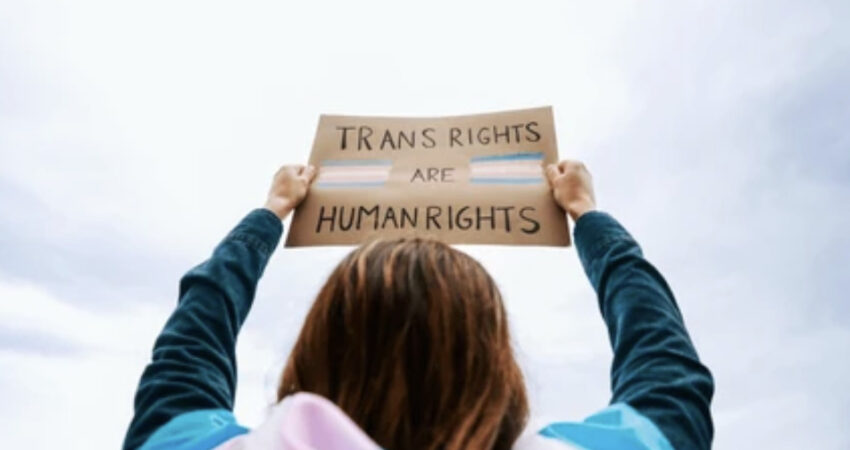A hair salon in Traverse City, Michigan, has sparked controversy by announcing its decision to decline service to customers who identify as “non-binary” and suggesting that they should visit a pet groomer instead. The salon owner, Christine Geiger of Studio 8 Hair Lab, made these remarks in a now-deleted Facebook post. Geiger stated that individuals who do not identify strictly as a man or a woman are not welcome at her salon and should seek services elsewhere. She also expressed her intention to refer to customers with preferred pronouns as “hey you.”
The salon’s post highlighted Michigan’s HB 4744, which could potentially make it a felony to intentionally use incorrect gender pronouns to intimidate someone. While the Supreme Court recently ruled in favor of a Christian website designer who declined to create same-sex wedding websites based on her religious beliefs, Geiger’s salon took a firm stance on refusing service to customers based on gender identity. The salon’s Instagram page further emphasizes its conservative values and opposition to what it calls “woke ideologies.”
The salon’s decision has stirred debates about the limits of free speech and the rights of businesses to refuse service. Some argue that the salon’s actions are protected by their right to express their beliefs and operate their business in accordance with their values. Others, however, contend that such discrimination is unjust and harmful, emphasizing the importance of inclusivity and respect for all individuals, regardless of gender identity.
The Supreme Court ruling in 303 Creative v. Elenis, where the court favored a Christian website designer’s refusal to create same-sex wedding websites, has further fueled discussions about the boundaries between religious freedom and discrimination. In the majority opinion, Justice Neil Gorsuch highlighted the significance of protecting individuals’ conscience and expressive services, questioning whether a state can compel someone to abandon their deeply held beliefs and convey messages they disagree with.
As the debate surrounding the Traverse City hair salon unfolds, it brings attention to the ongoing tensions between personal beliefs, freedom of speech, and the pursuit of inclusivity in society. It remains to be seen how these discussions will shape the legal and social landscape surrounding businesses and their right to deny services based on personal convictions.





